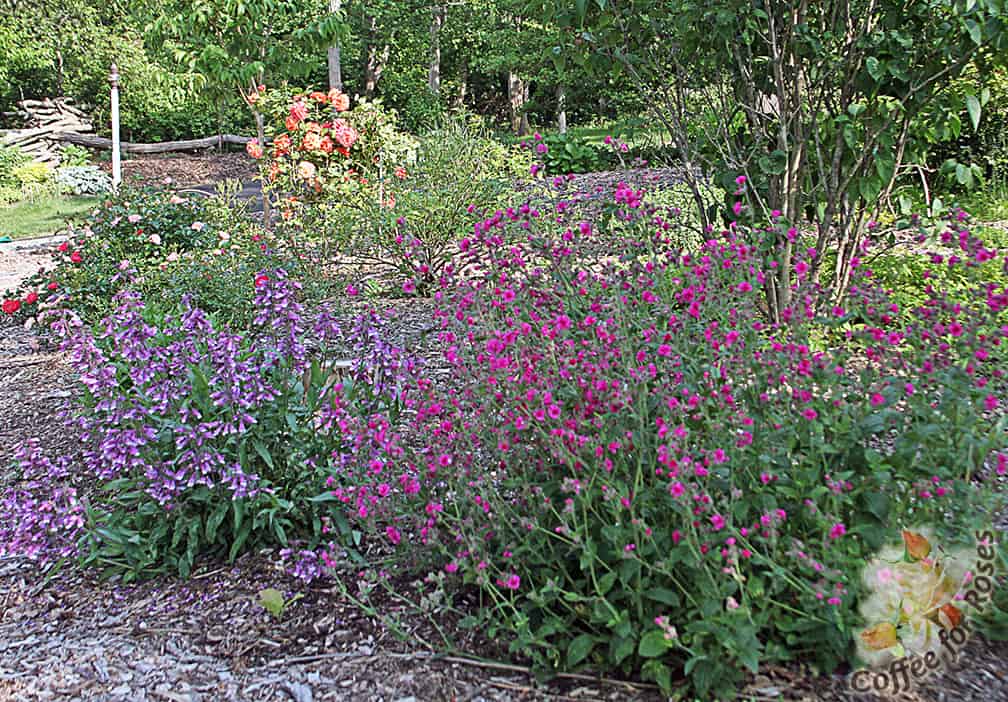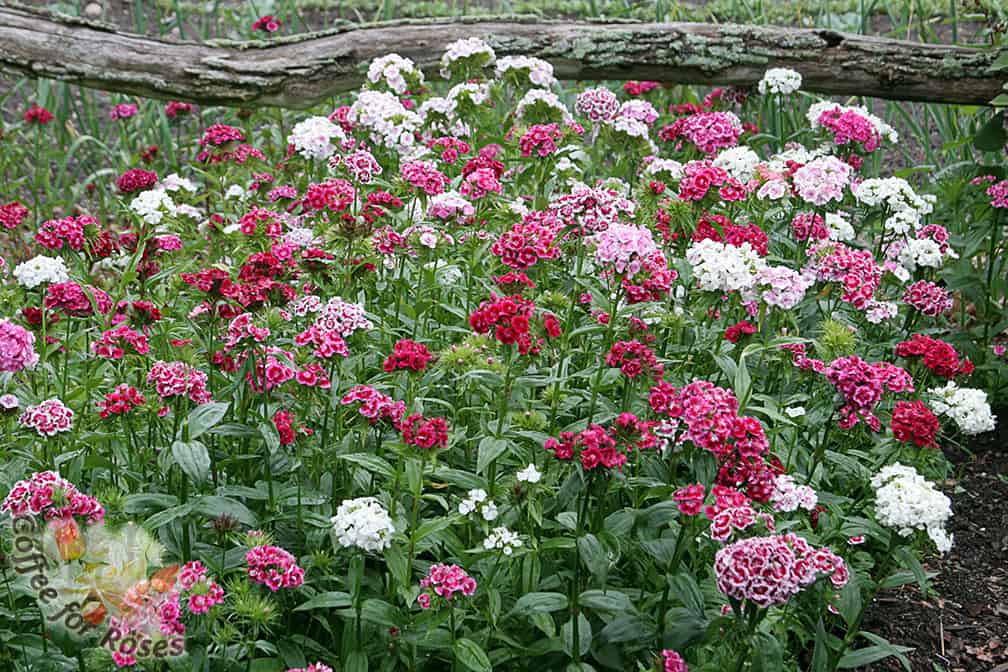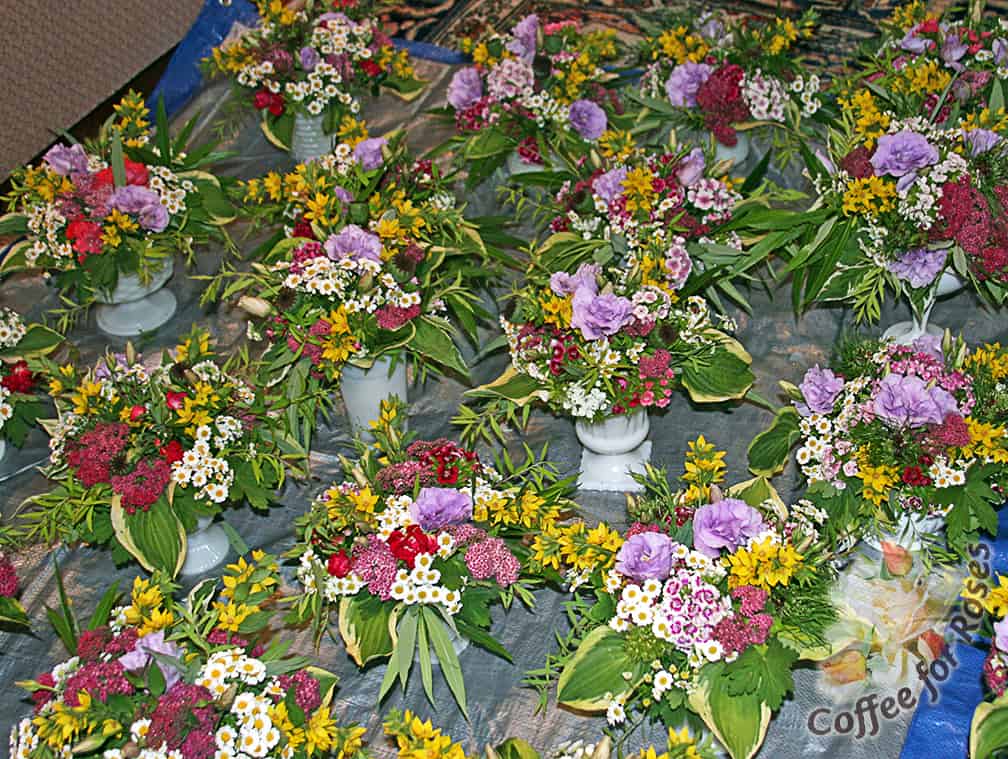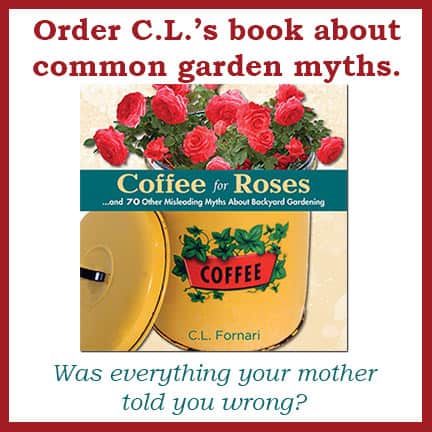Since winter is the perfect time to plan the coming season’s garden, I’d like to introduce you to three cutting-garden plants. If you love to cut flowers and make bouquets, here are some plants you may want to grow for early summer cutting.
Most cutting garden flowers grow well in full sun, but here are two that thrive in part-shade as well. (Part-shade being defined as at least four hours of direct sun at any point in the day.) All three will thrive in sun too, and once planted these should be with you forever. Even the sweet William, best thought of as a biennial, self-seeds well enough to be reliable in the cutting garden.
The first plant to consider is Silene dioica ‘Firefly.’ A small sample of this perennial was sent to me five or six years ago by the folks at Blooms of Bressingham, and it has been a reliable June bloomer in my garden ever since. This Silene is hardy in zones 4 to 9 and is about two feet tall when in flower. ‘Firefly’ spreads slowly so isn’t much work, but it increases enough to share pieces with friends after four years. The small, bright pink flowers are lovely in arrangements. Although this plant would be great in a perennial border as well as a cutting garden, plant it behind a late-season plant such as a shorter aster, a daylily, or other plant that will hide the Silene after the end of June. Like many early season perennials, ‘Firefly’ looks best if cut to the ground after it finishes flowering. The plant will come back but it won’t bloom again.

Although the flowers on ‘Firefly’ are small, they are numerous and vibrant.
The next must-grow plant for June bouquets is Lysimachia punctate. Although this plant spreads (it is a Lysimachia after all) unlike others of this genus it’s easy to edit down once it starts to take up too much territory. Commonly called circle flower, this plant is hardy in zones 4 to 8 and grows in all types of soil. After it finishes flowering shear it down by half to improve the look of the green foliage for the rest of the summer. Circle flower does well in part-shade or full sun.

Circle flower has spires of bright yellow flowers for about six weeks early in the summer. Keep it in check by pulling out the excess as it spreads beyond where you want it to grow.
Another plant you can grow in sun or part-shade is Dianthus barbatus, more widely known as sweet William. Easy to grow from seed, this short-lived perennial (biennial in my area) has clove-scented flowers that grow between one to two feet tall. Leave a few in the garden every year to go to seed and you’ll always have flowers to cut in May and June.

How could you have a cutting garden without sweet William? A spicy scent, pink, white or red flowers, and an old-fashioned look.

Here are some wedding bouquets made in milk glass containers for a June wedding.



